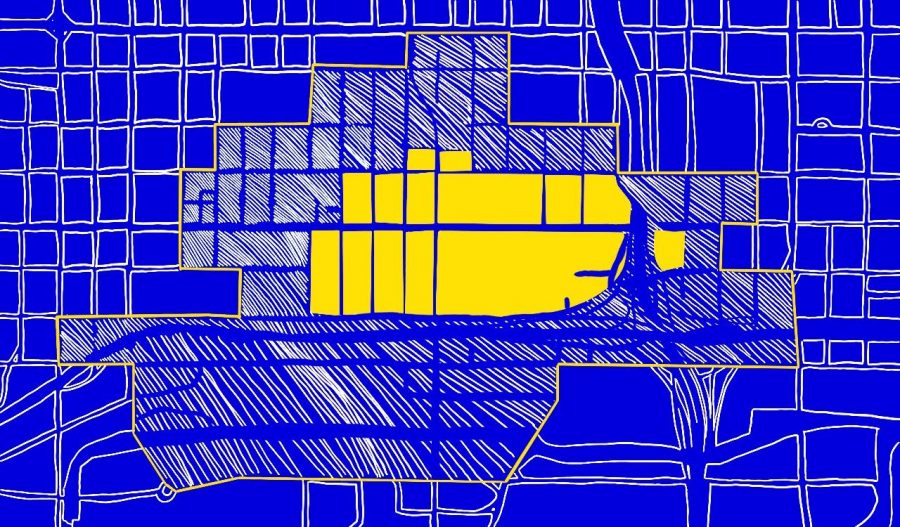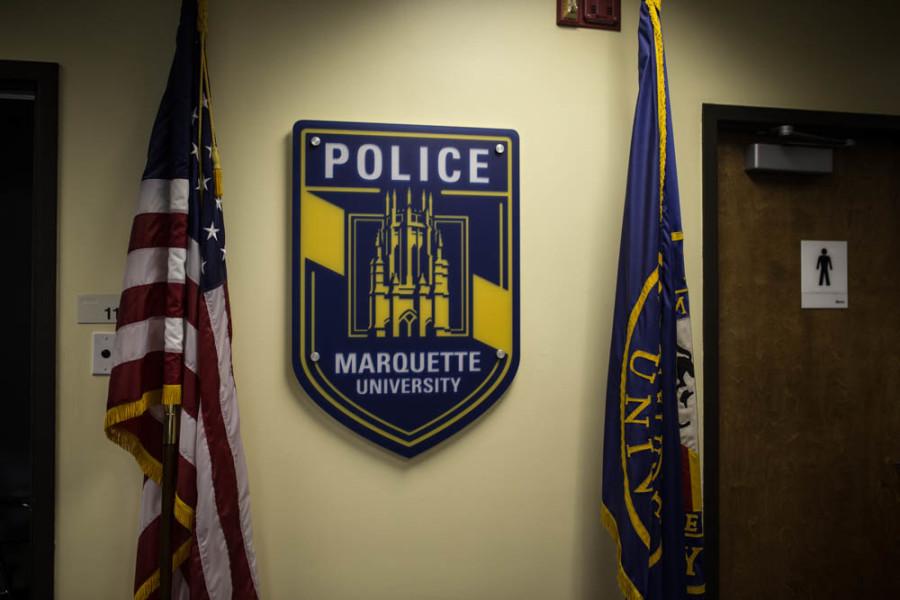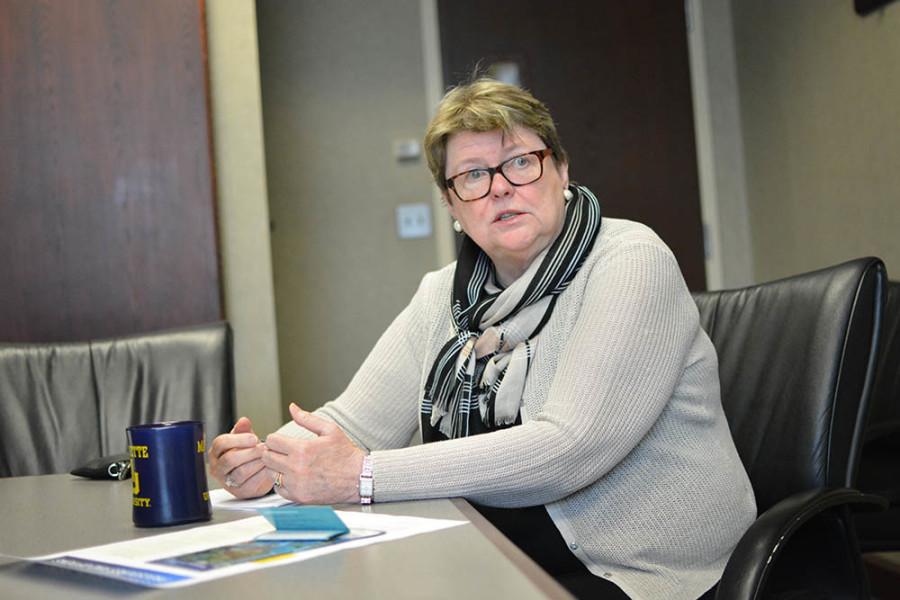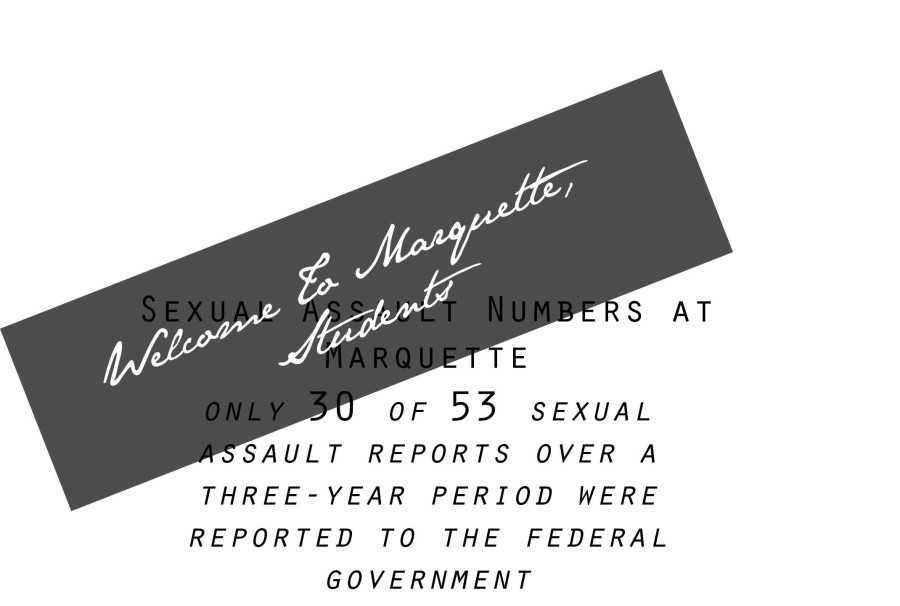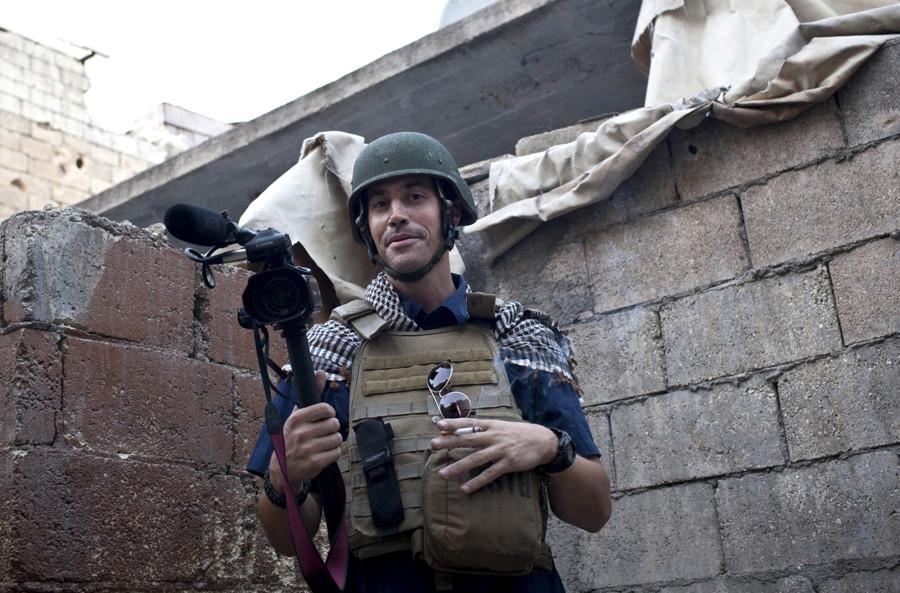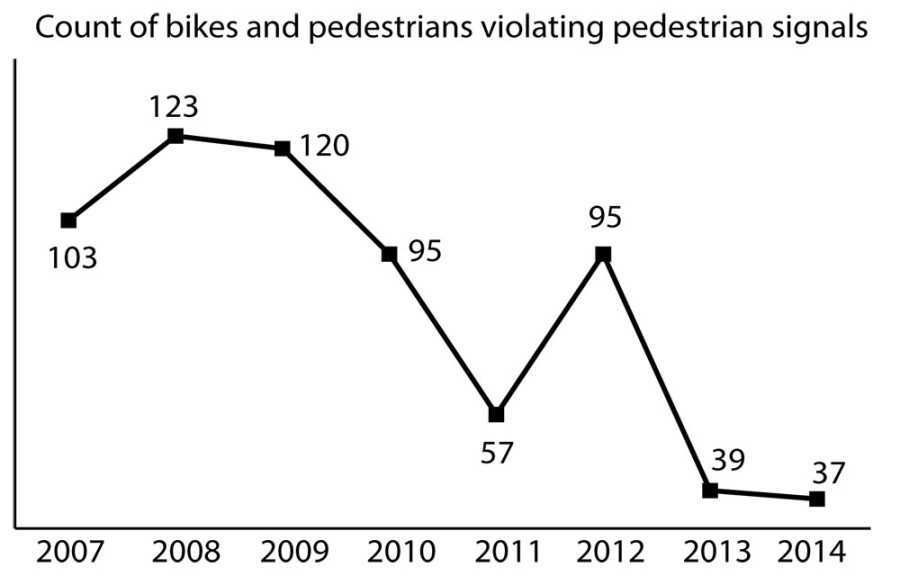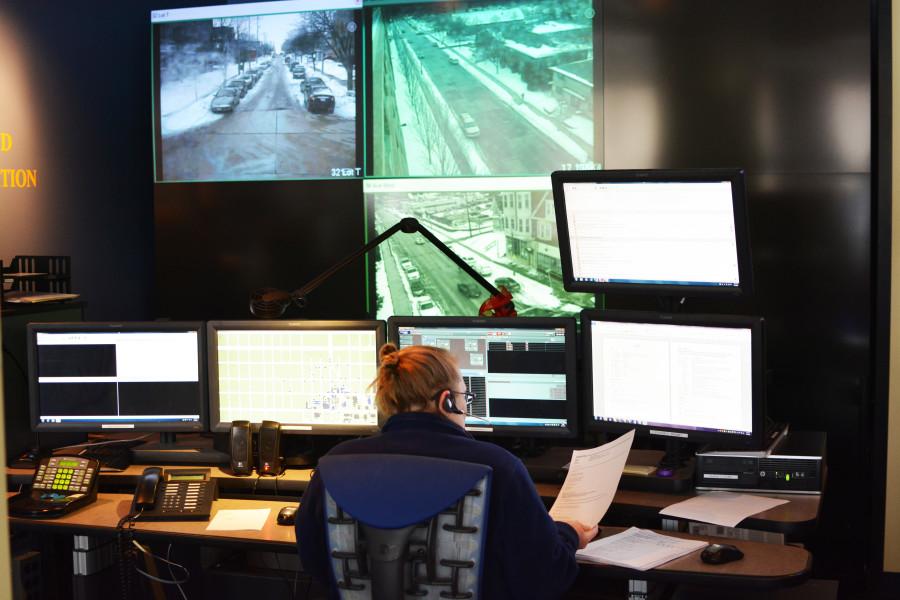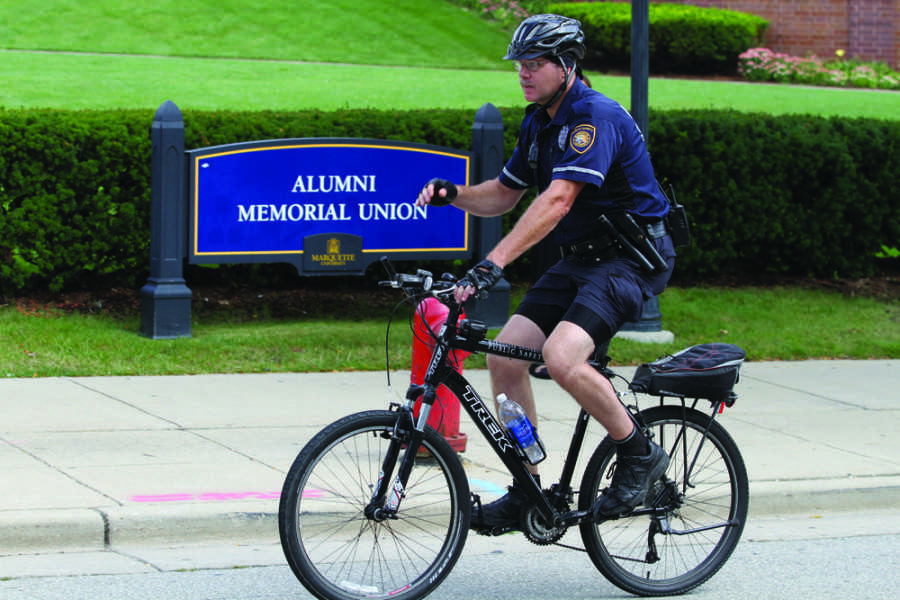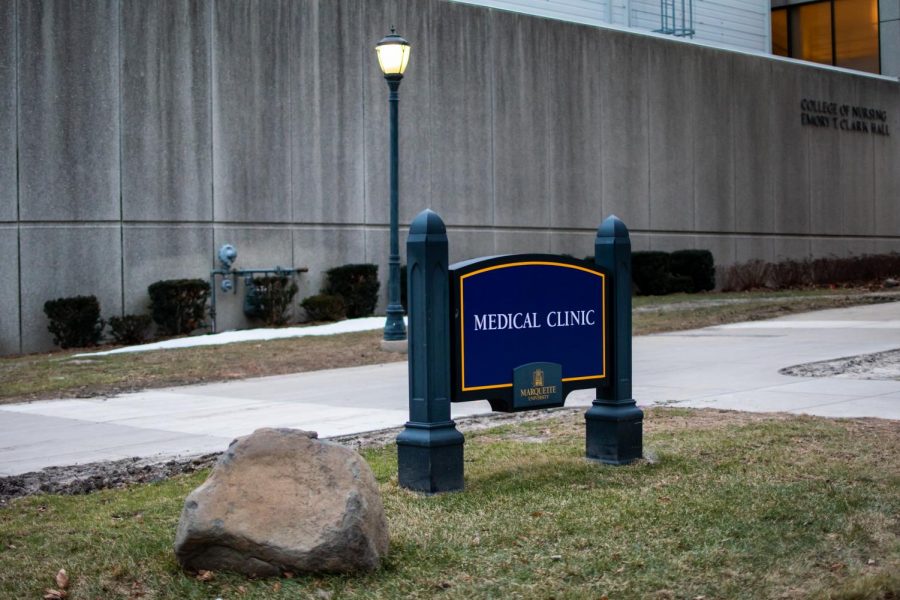 I would never say that those in charge of Marquette mean to do harm. They don’t. Protecting their students is a top priority, and the school does a great job of doing so. I would know because I recently graduated from its College of Health Sciences.
I would never say that those in charge of Marquette mean to do harm. They don’t. Protecting their students is a top priority, and the school does a great job of doing so. I would know because I recently graduated from its College of Health Sciences.
But considering the lower socio-economic conditions of many of the neighborhoods immediately surrounding the rather prosperous campus, one could argue the university’s safety policies have indirectly contributed to these disparities. That being said, for the sake of the community at large, I do not think Marquette should create a police force despite Governor Walker’s recent signing of a bill to allow it.
I think the current Department of Public Safety does enough. Marquette should not overstep its boundaries or have boundaries at all, for that matter. DPS constantly warns students not to cross certain streets – Highland Boulevard to the north, and 24th Street to the west – and to avoid certain neighborhoods. DPS treats these outlying neighborhoods as if they were the Forbidden Forest of Hogwarts: mysterious, dangerous, and strictly forbidden to all students. It’s totally understandable. I get it. Officers want to keep the students safe.
However, decades of this practice disrupted the growth of this portion of the city and contributed to the observable economic disparities. Simultaneously, these practices have isolated the campus so much that Marquette has transformed into an enclave.
Unfortunately, the problem I have stretches beyond geography. Race has become an issue as it relates to student safety on campus. If you read any of the school’s DPS reports, you will often find that many perpetrators are described as a “5’10” African American male, wearing a white shirt and jeans.” That could be anyone. These generic descriptions do nothing but create stereotypes of black males and inspire a sense of racial profiling, especially on an isolated campus comprised of a 74.9 percent white, non-Hispanic student body.
I know from experience how black men are approached by public safety officers while on campus. Profiling is a reality and should not be ignored. Considering this, along with the public safety’s established geographical boundaries, it is no surprise the neighborhoods nearest to Marquette are a little more insecure, dangerous, poor, rough – whatever you choose to call them. These neighborhoods are not accepted by the Marquette community; they are walled off, pushed away and ignored.
Now, before I address the proposed police force, let’s look at the data. According to estimates from the 2010 decennial census, Wisconsin has the highest black male incarceration rate in the United States. Research by the University of Wisconsin-Milwaukee shows that two-thirds of the county’s incarcerated black men came from six zip codes in the poorest neighborhoods of Milwaukee. In addition, over half of the county’s black men in their 30’s have been incarcerated at some point in their lives.
The Milwaukee Police Department incarcerates a lot of black men and, in my opinion, too many. I believe that establishing a police force on campus will only add to these numbers and ultimately do more harm than good. The university has already done enough to wall off a vital section of the city. If this decision goes through, campus police will have the ability to arrest people. I would not be surprised to see an increase in the incarceration rate of black men in this zip code. Milwaukee is already one of the most segregated cities in the United States. I would hate to see segregation grow even more.
I’m proud to be an alumnus of Marquette. It’s a great school, and it does a lot of good. I just think that, as an institution, it can better practice the Ignatian ideals of service and humility regarding the community at large. It needs to stop putting up walls and start embracing its neighbors. The university should use its resources to better help the surrounding neighborhoods address their own needs. As Marquette continues to grow, it should aim to grow with the community, not away from it. Establishing its own police force may make that harder to achieve.
– D. Payton Sterba, College of Health Sciences ’13


